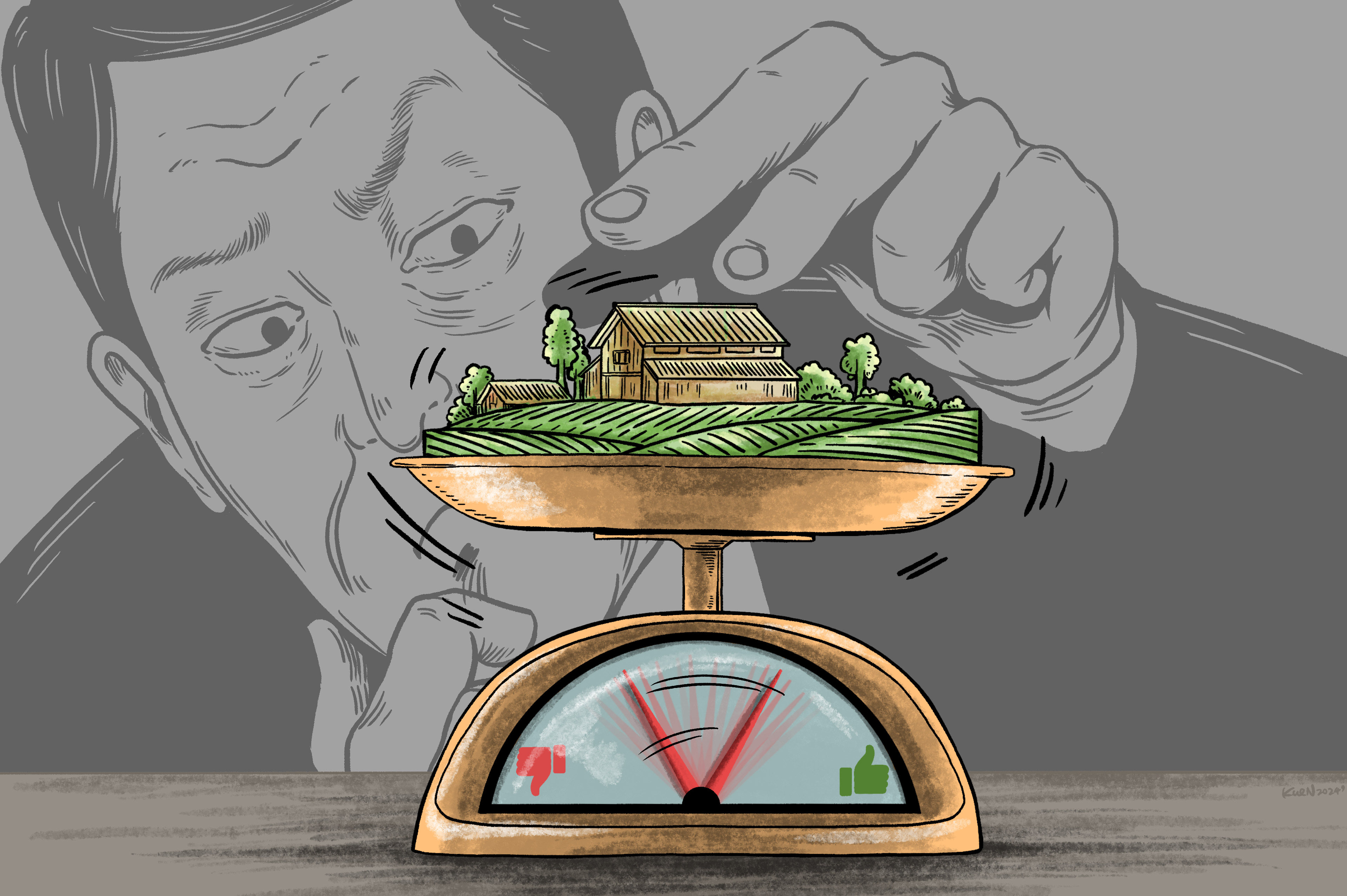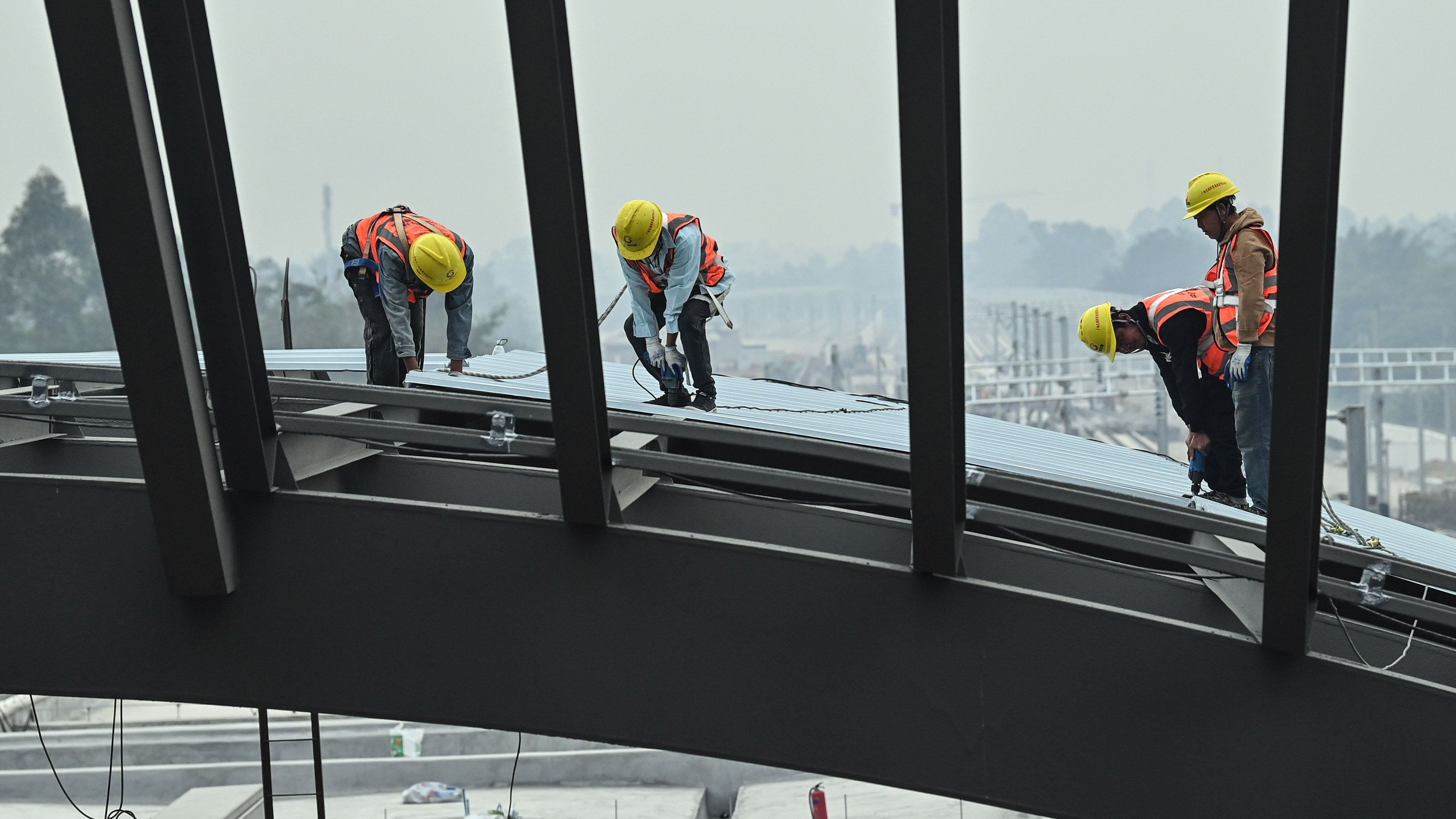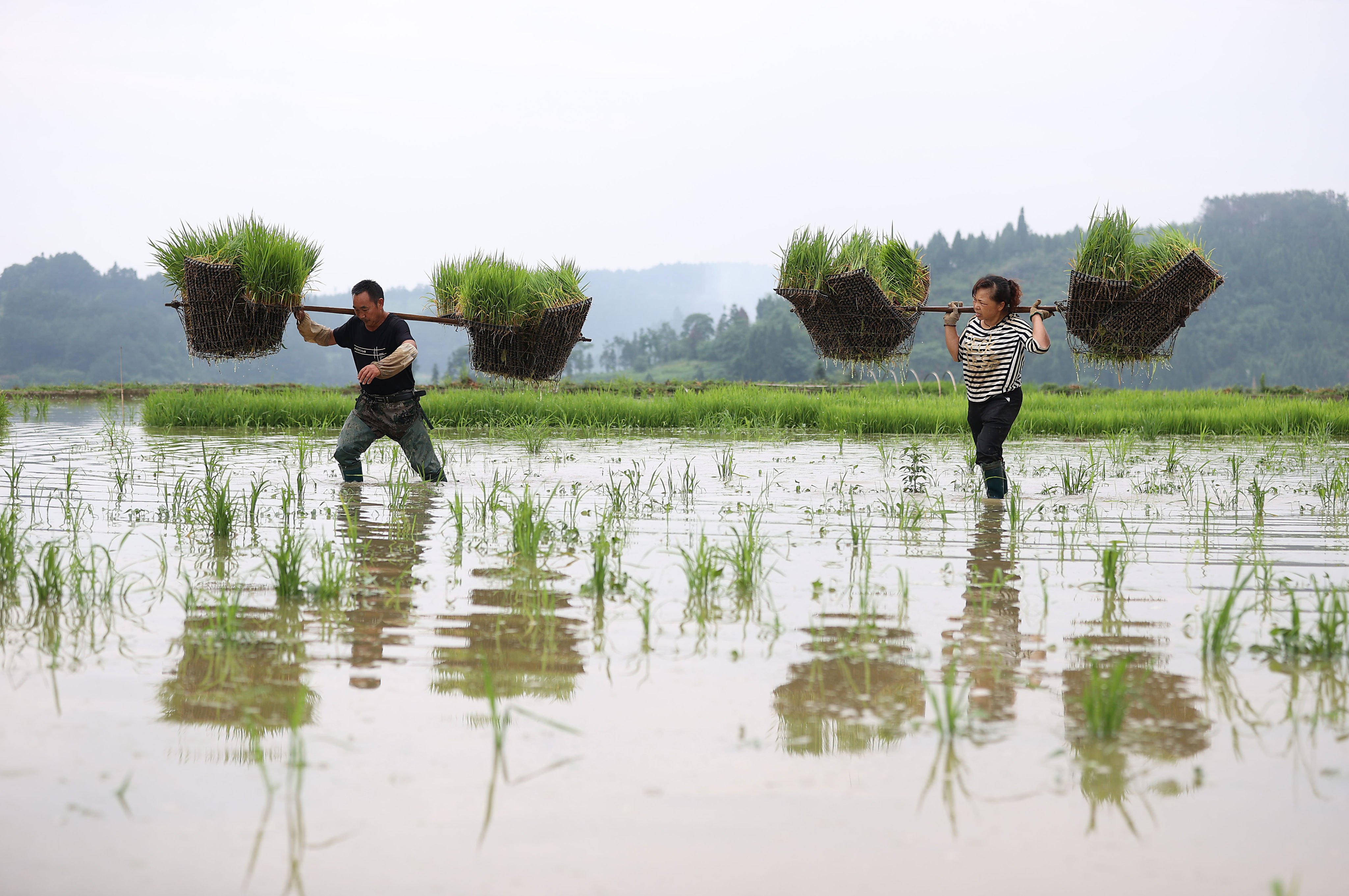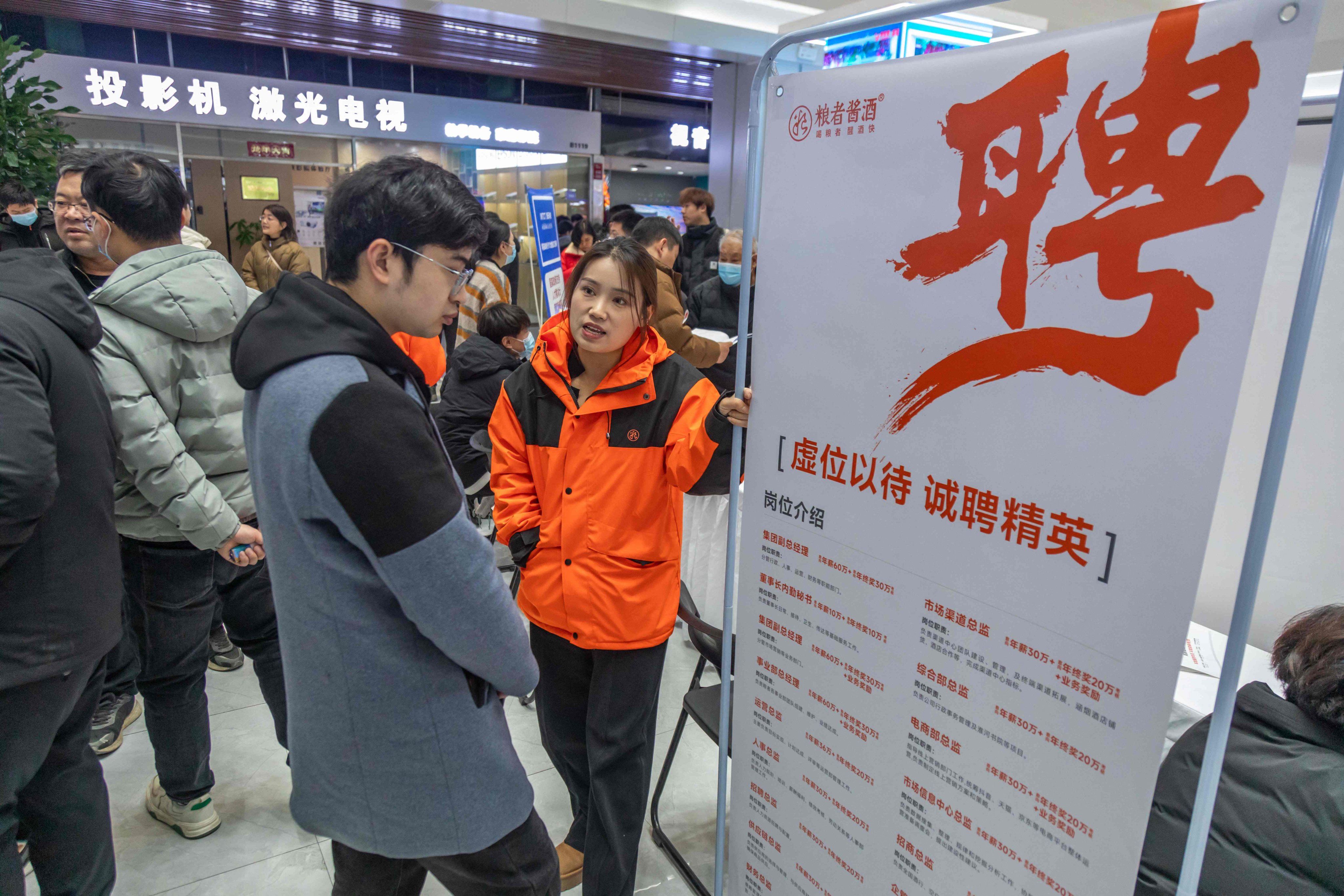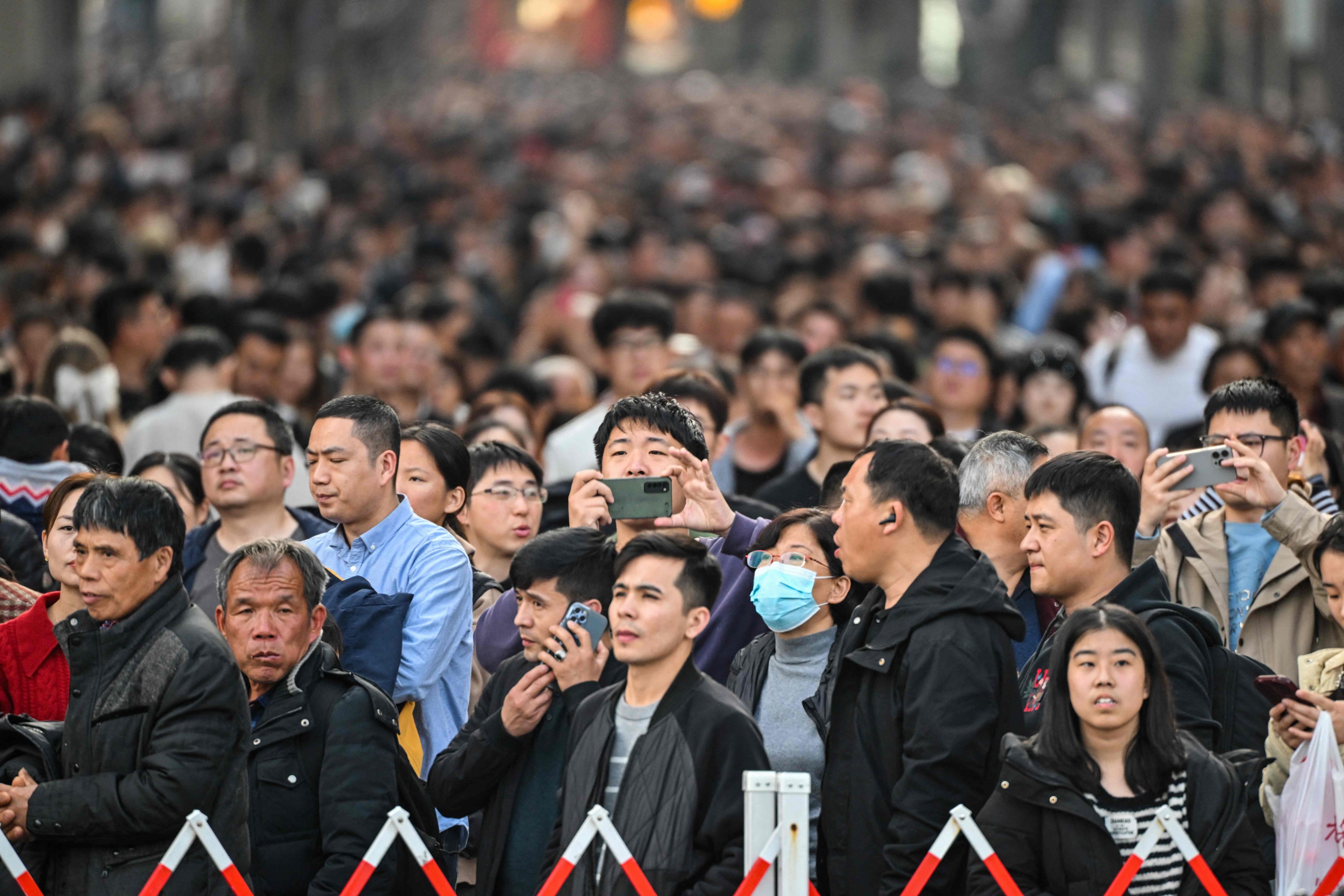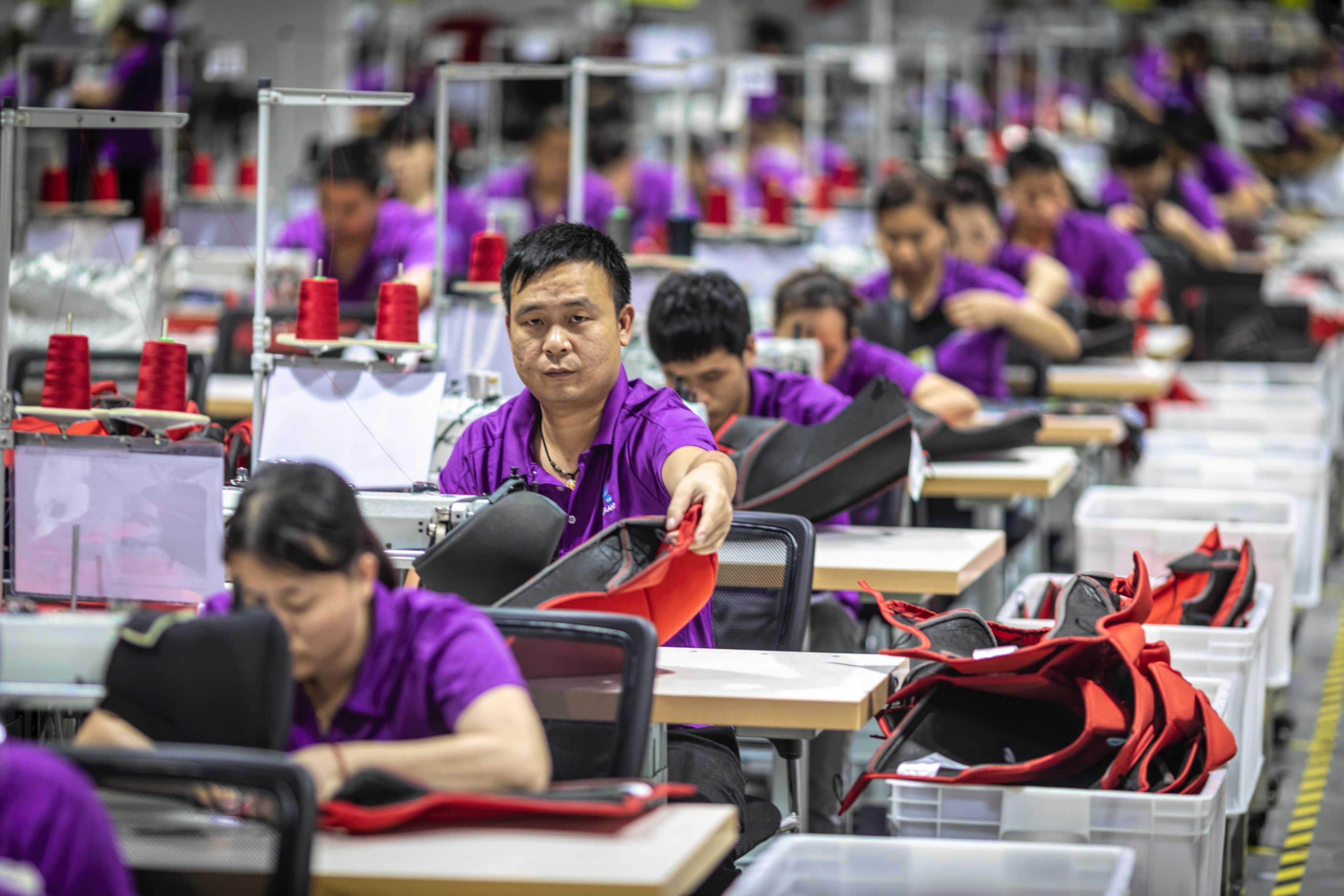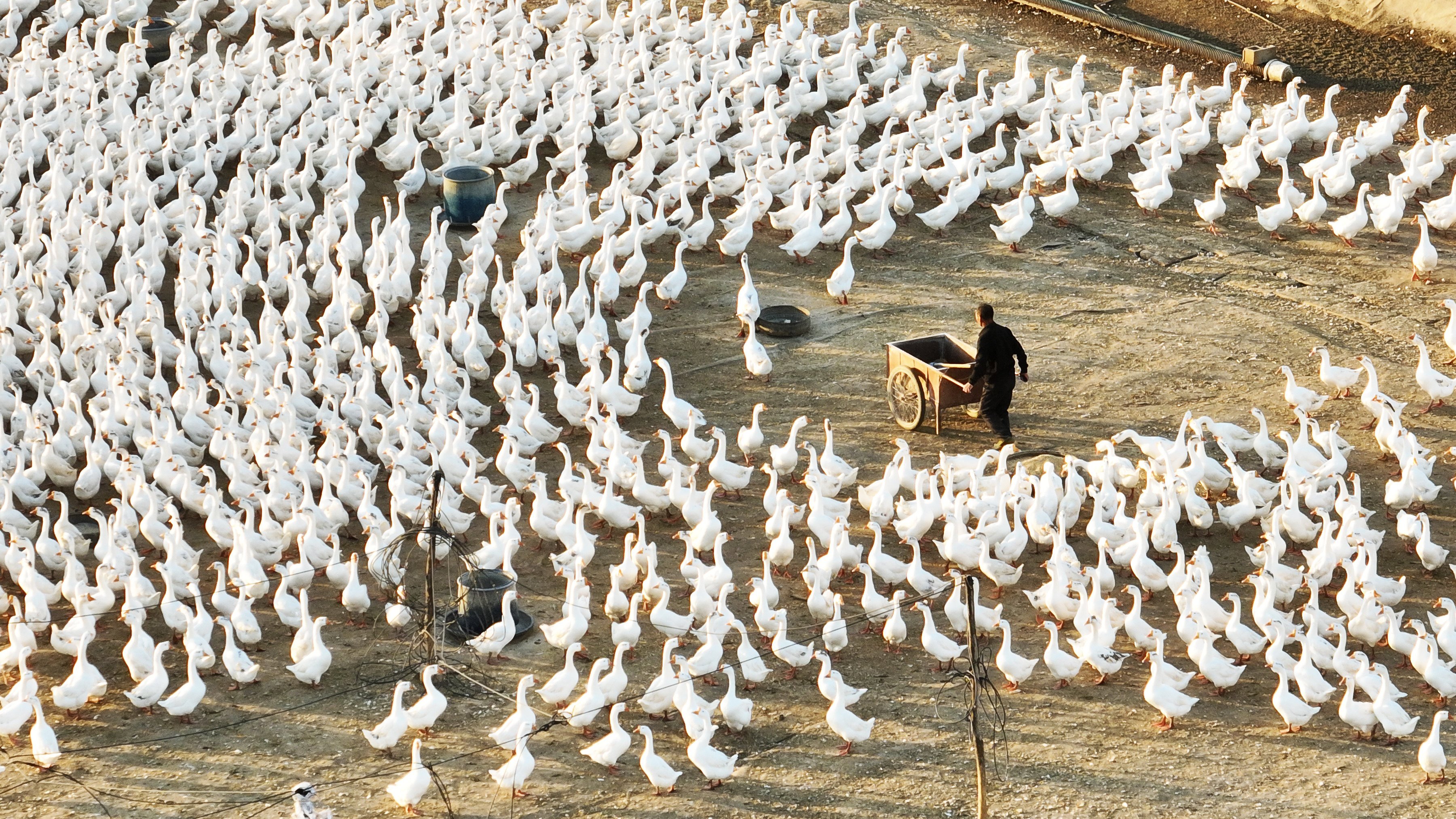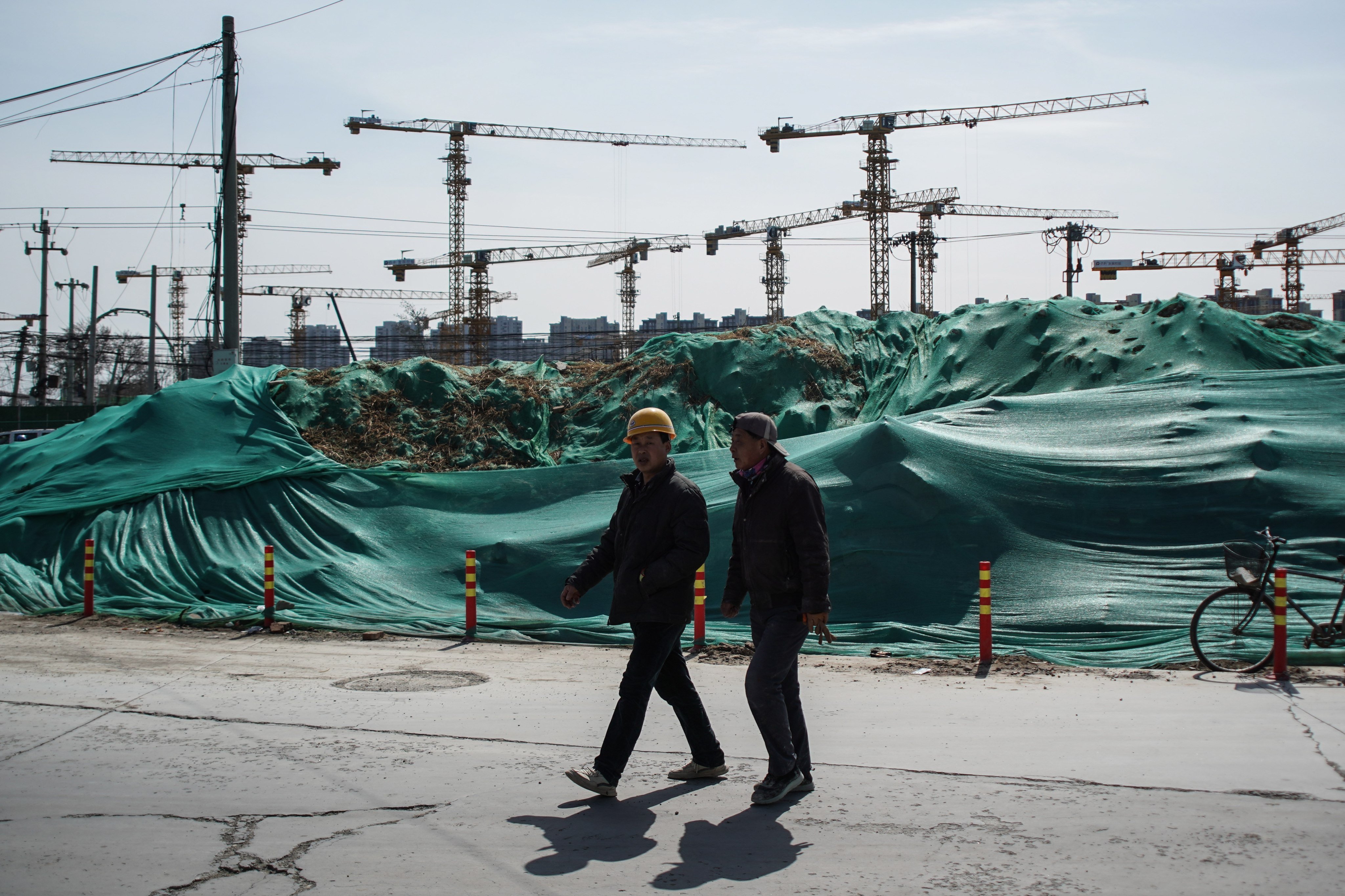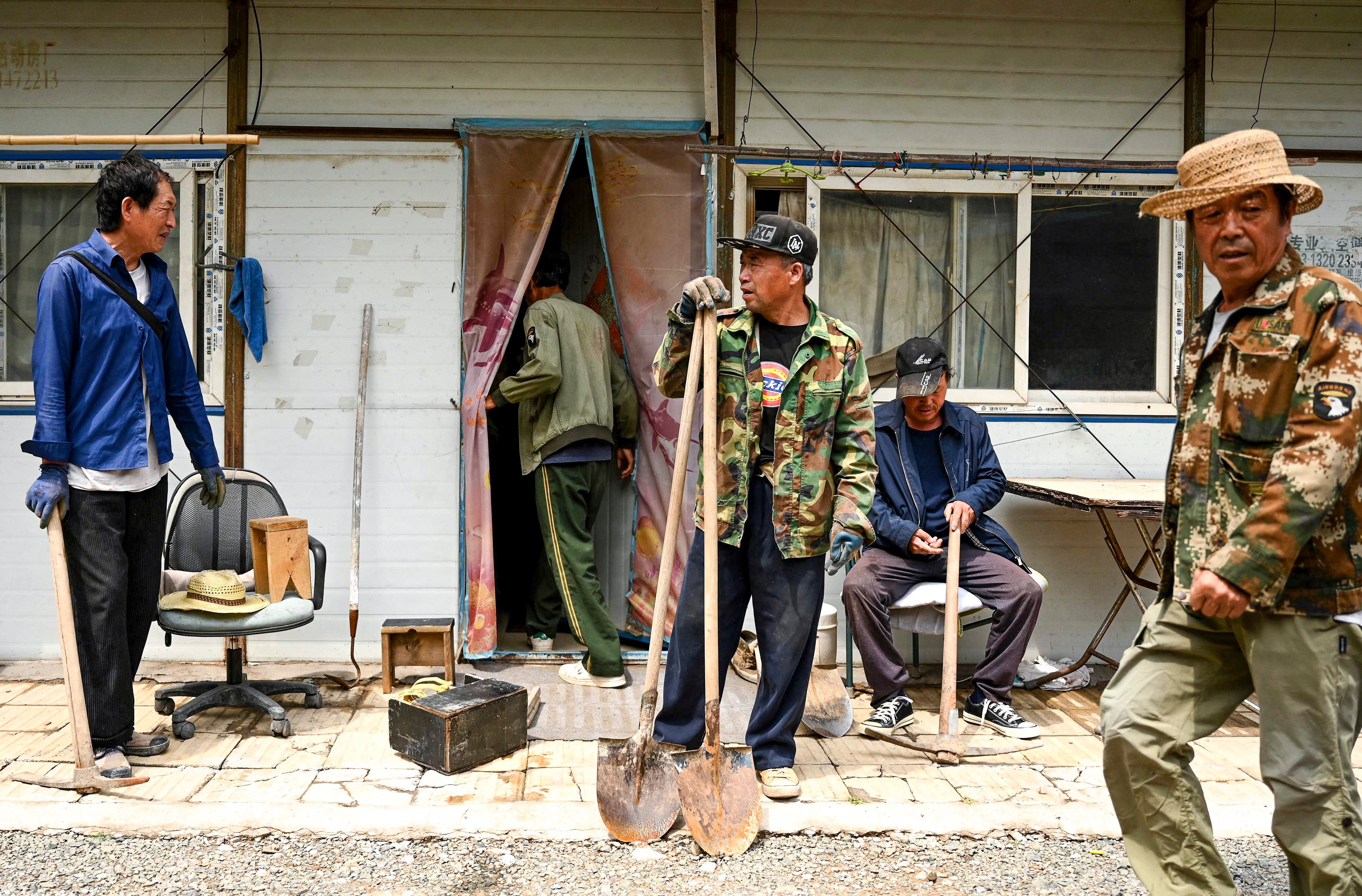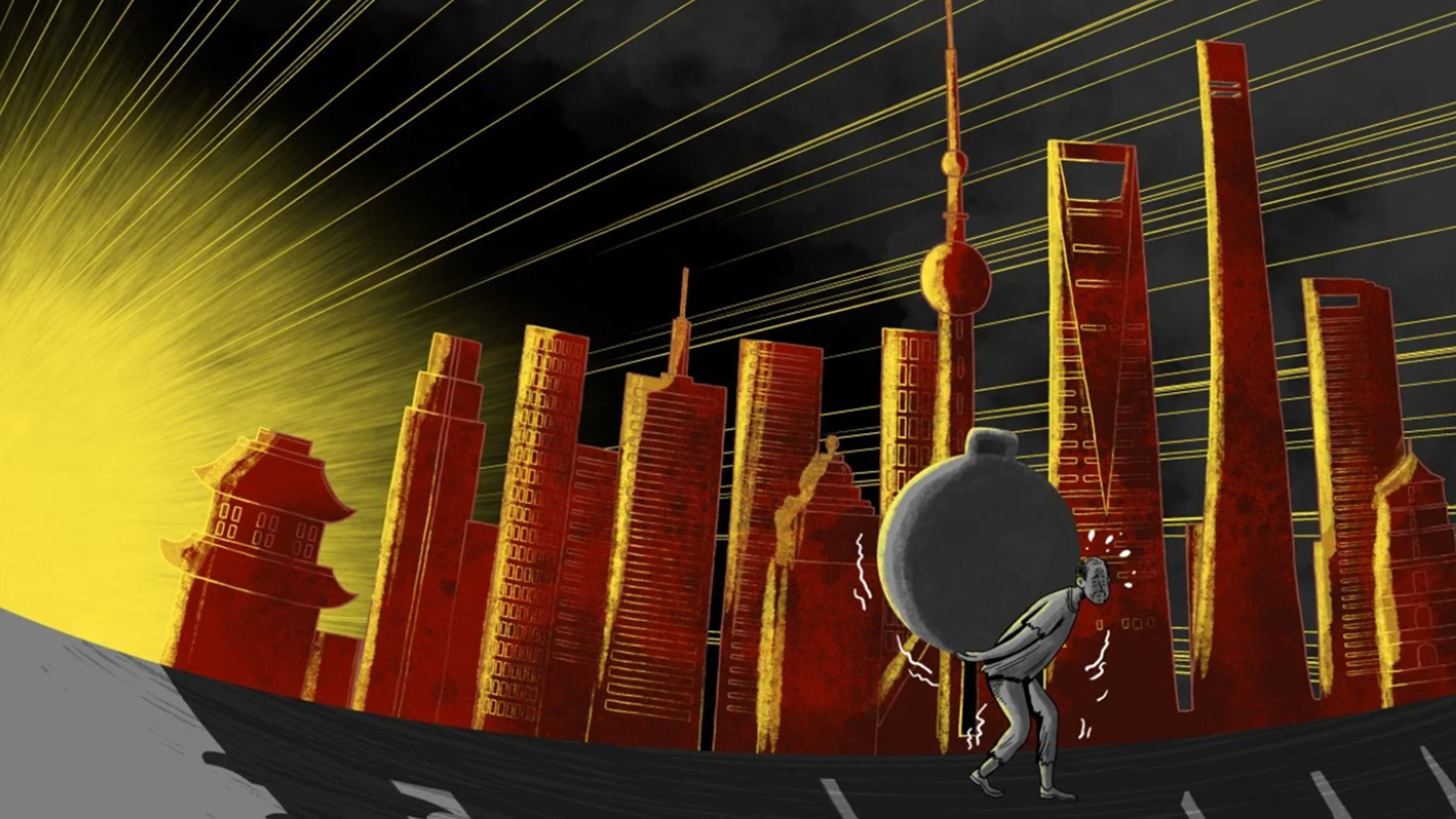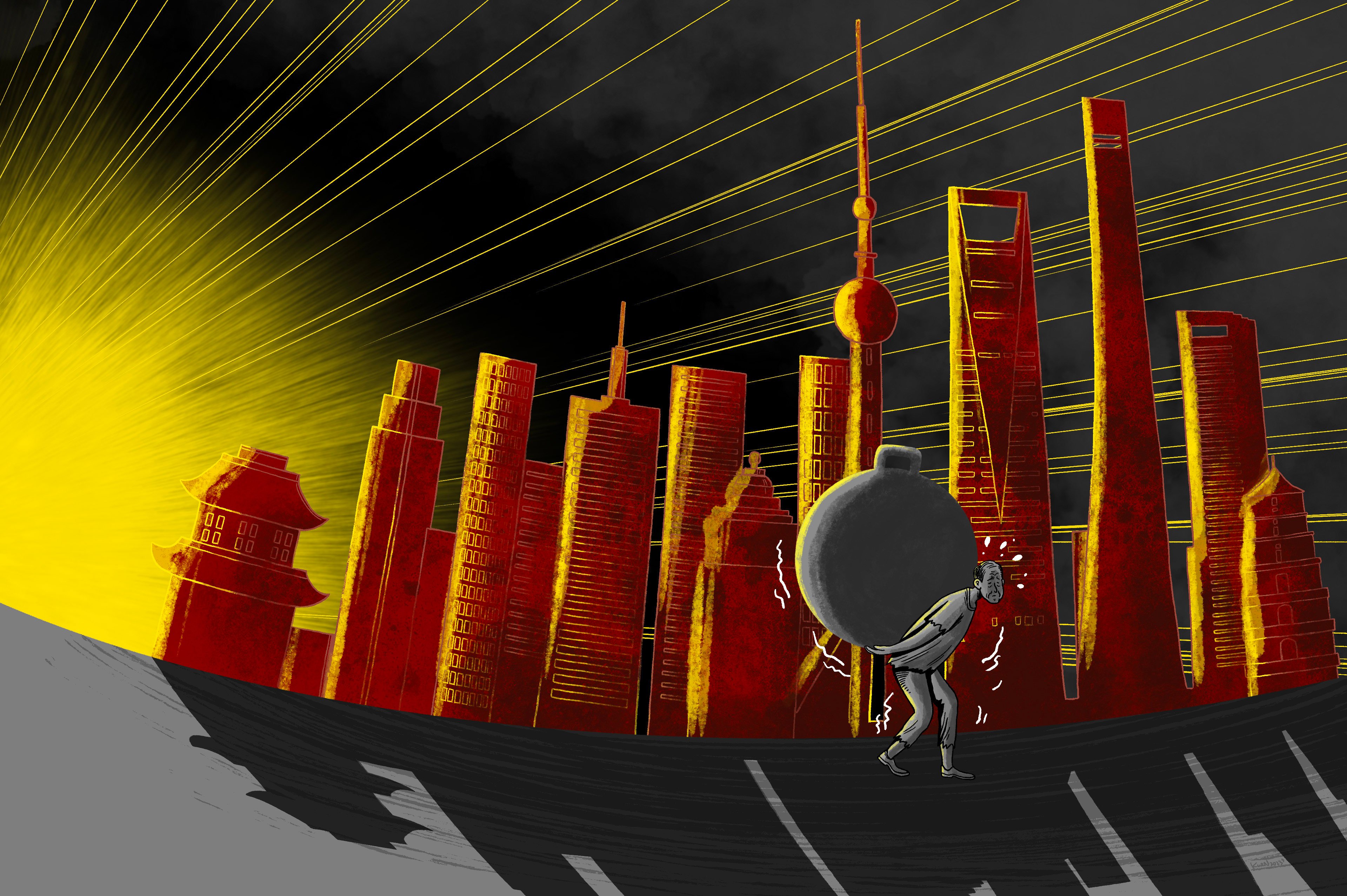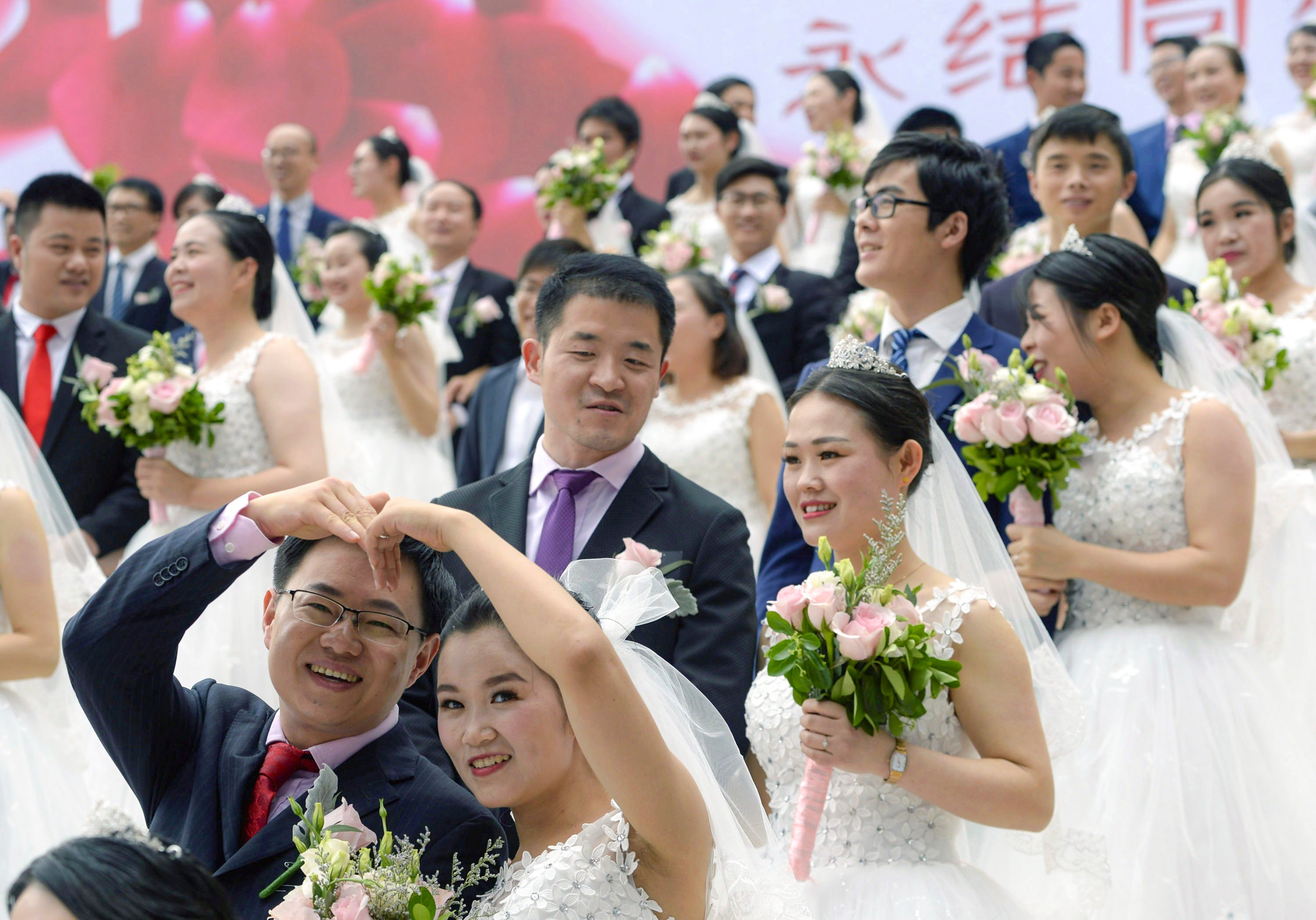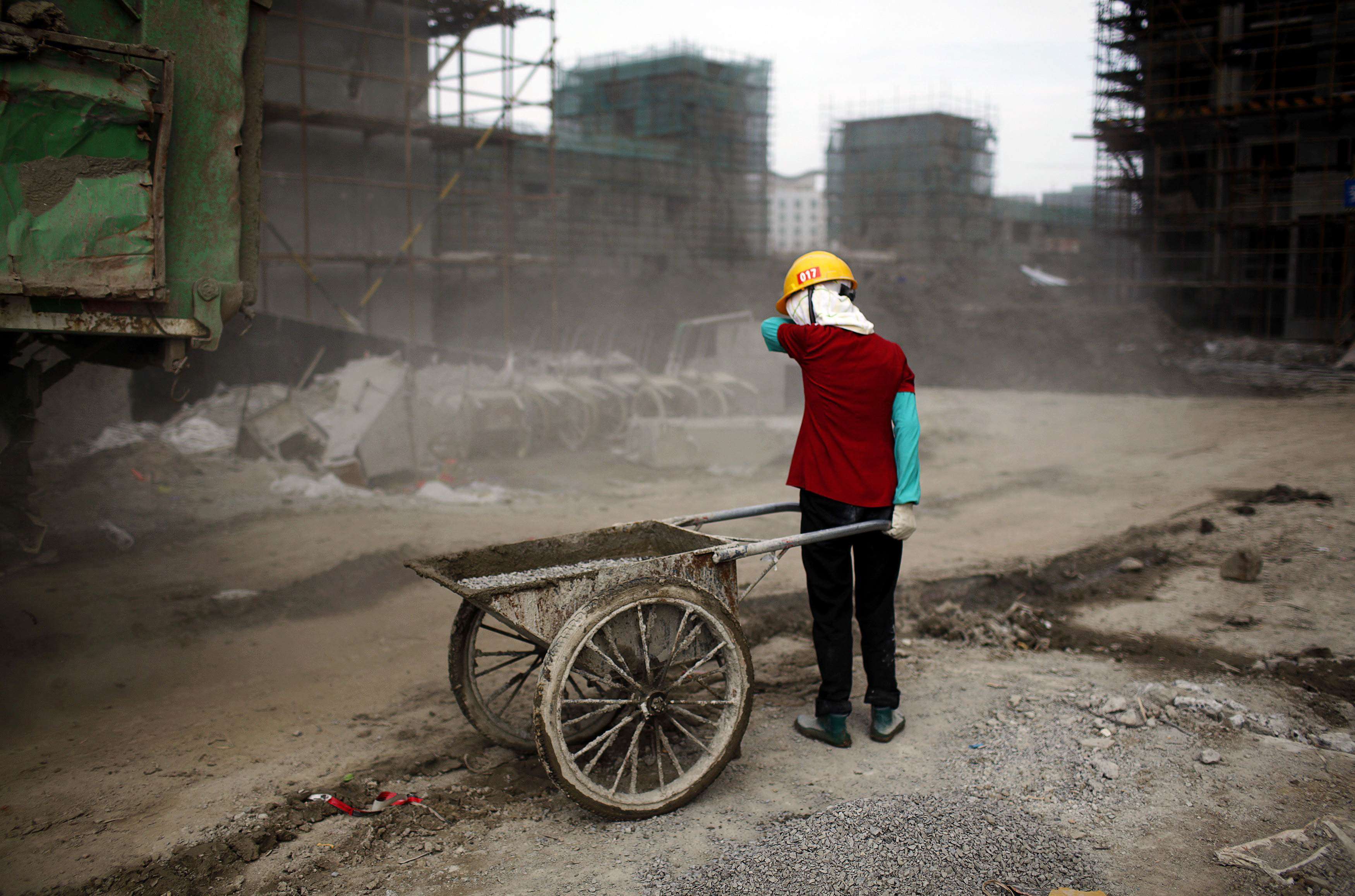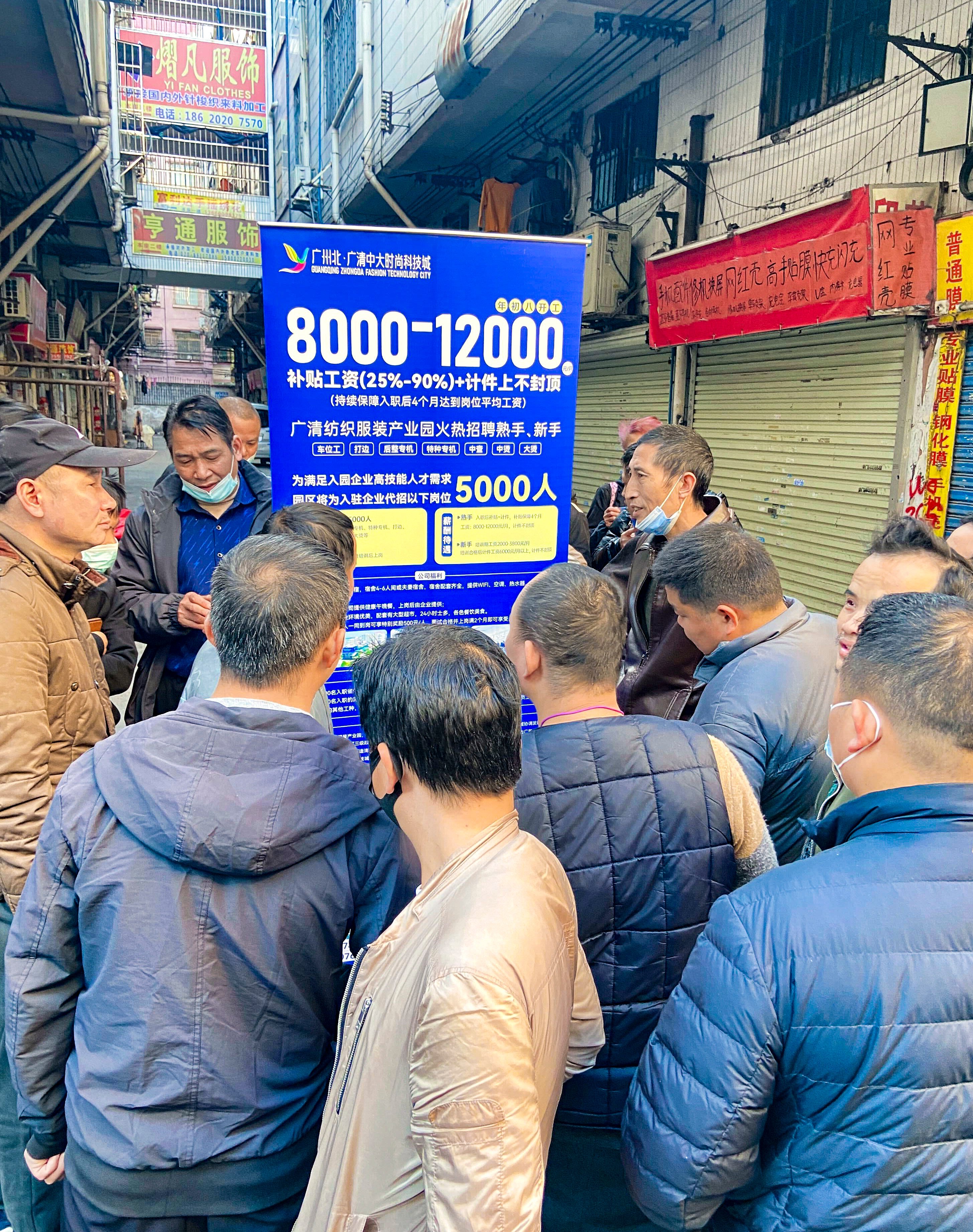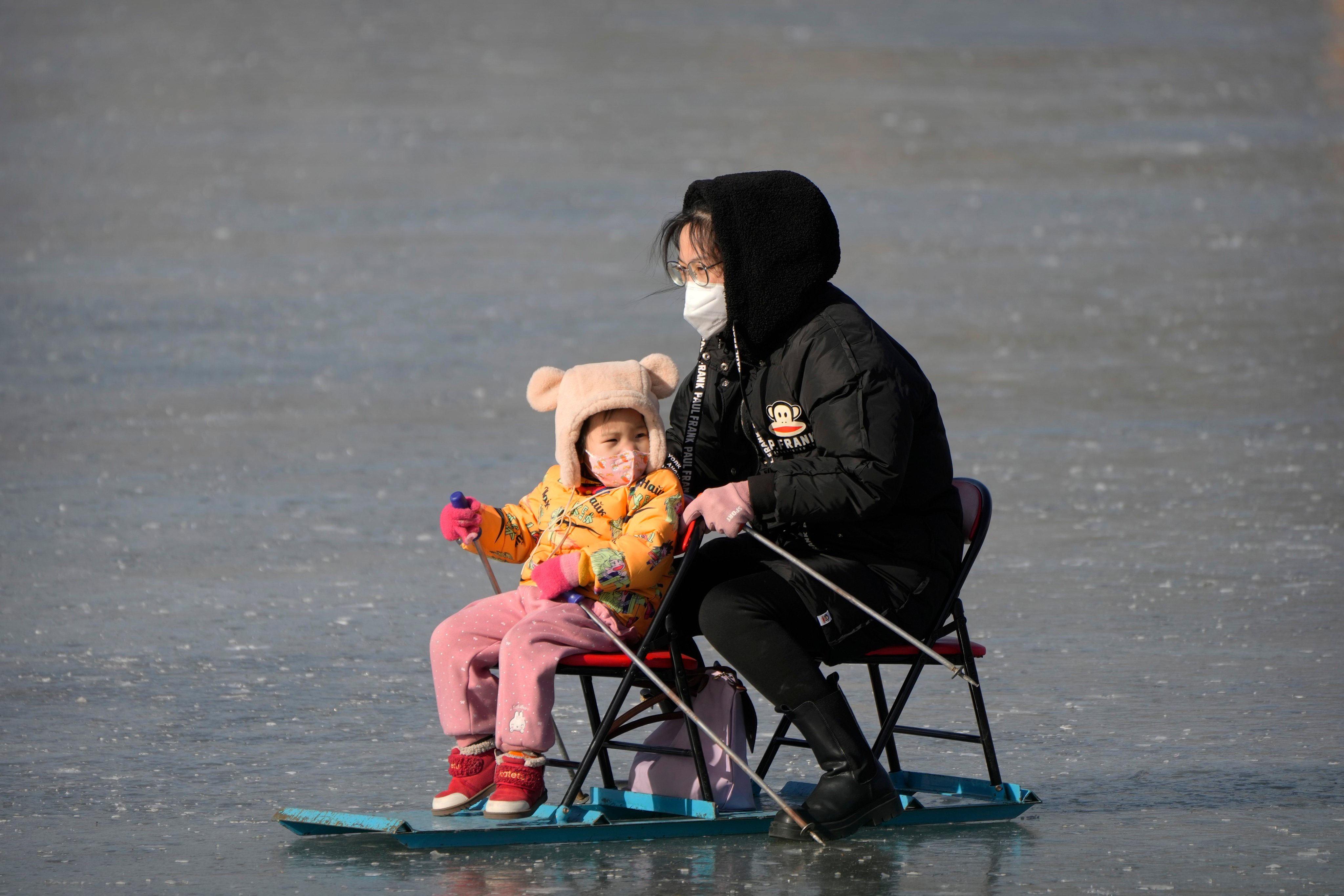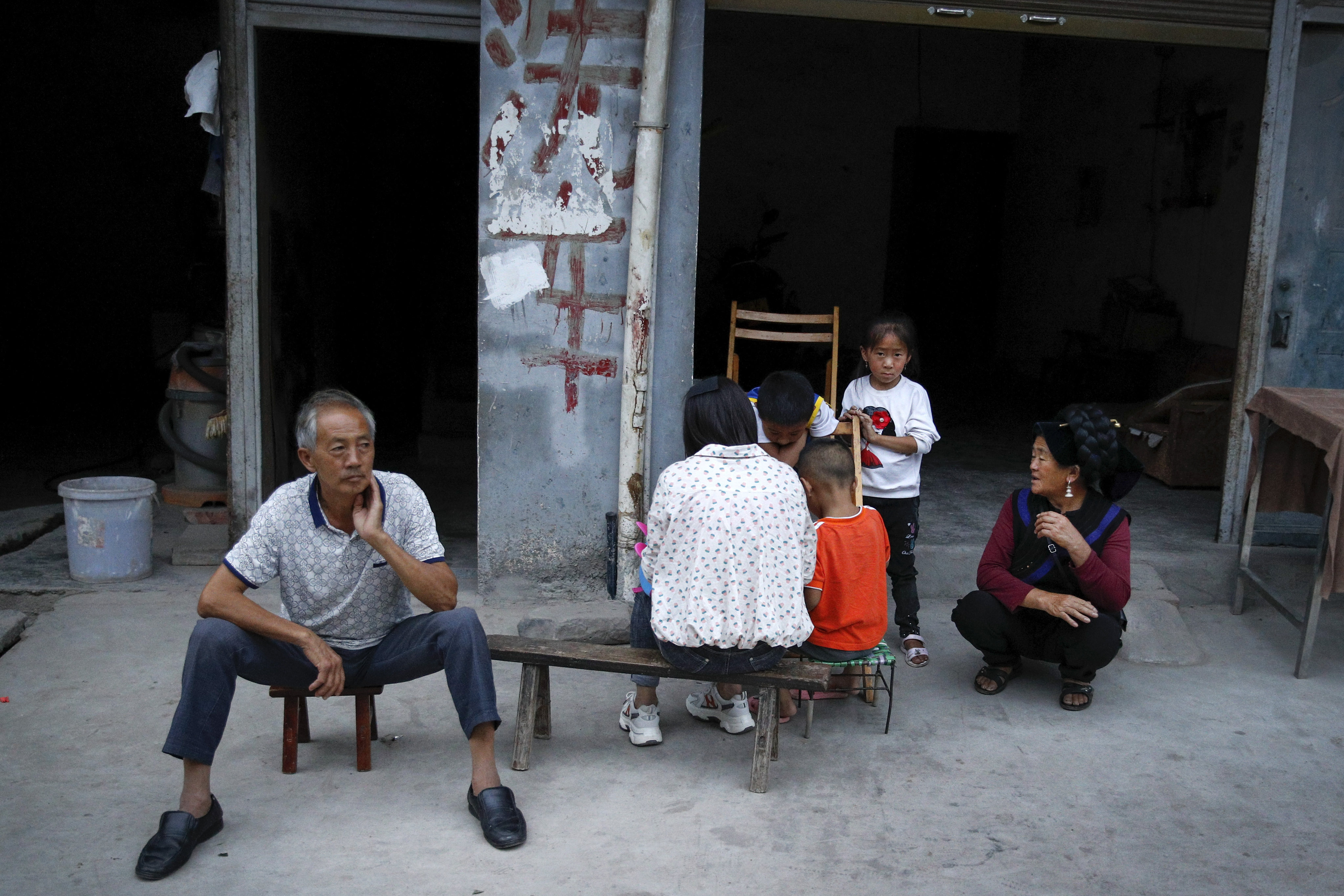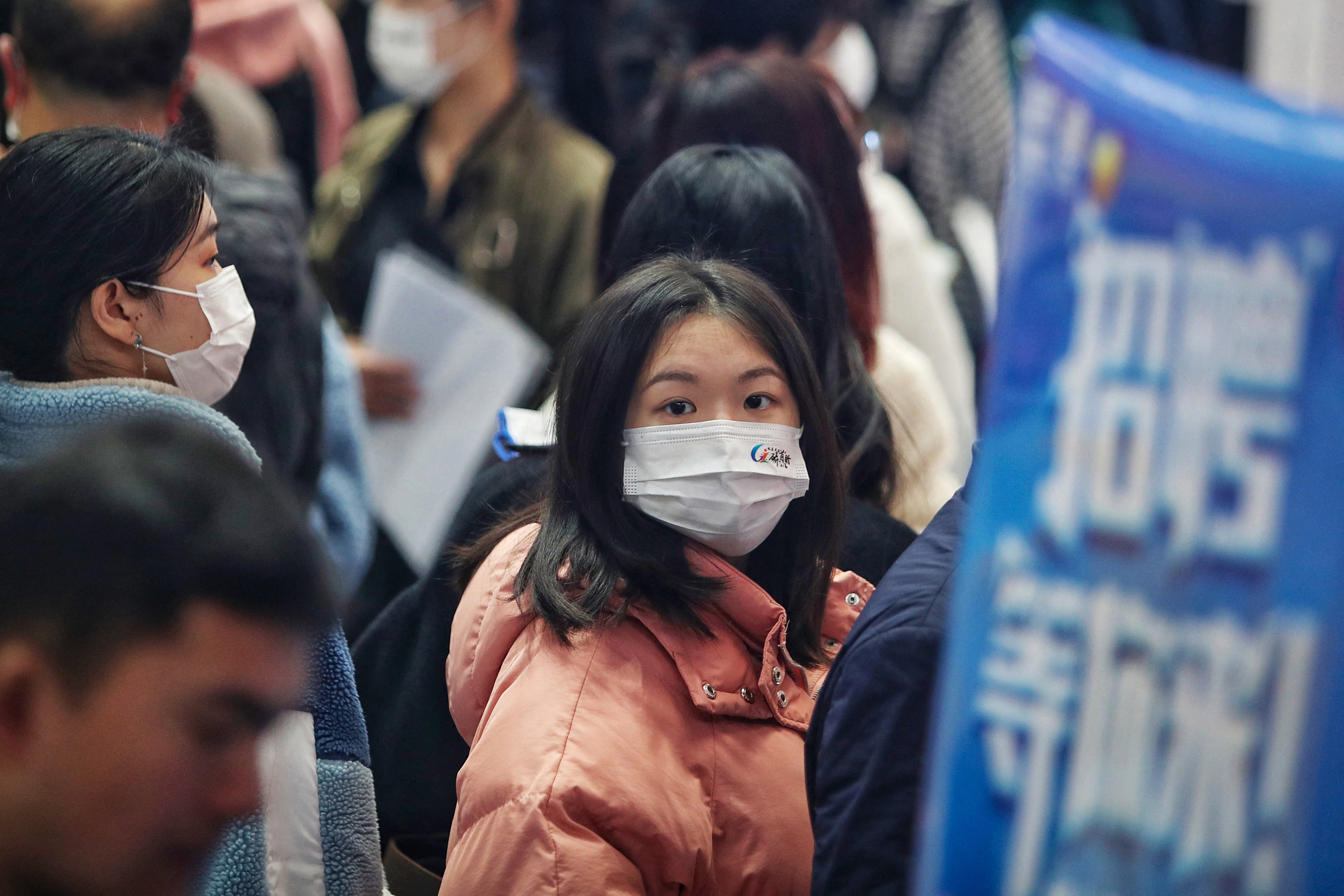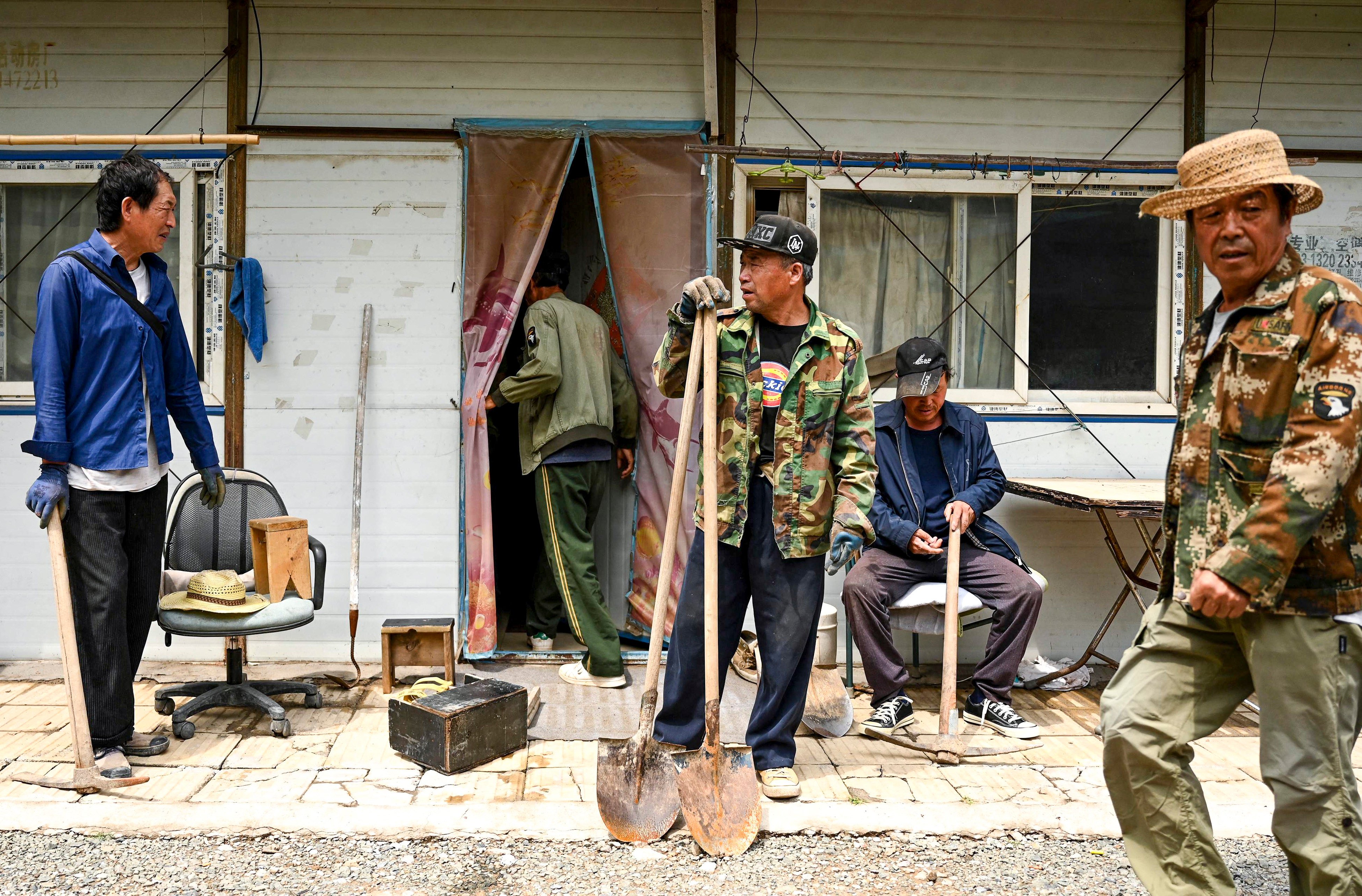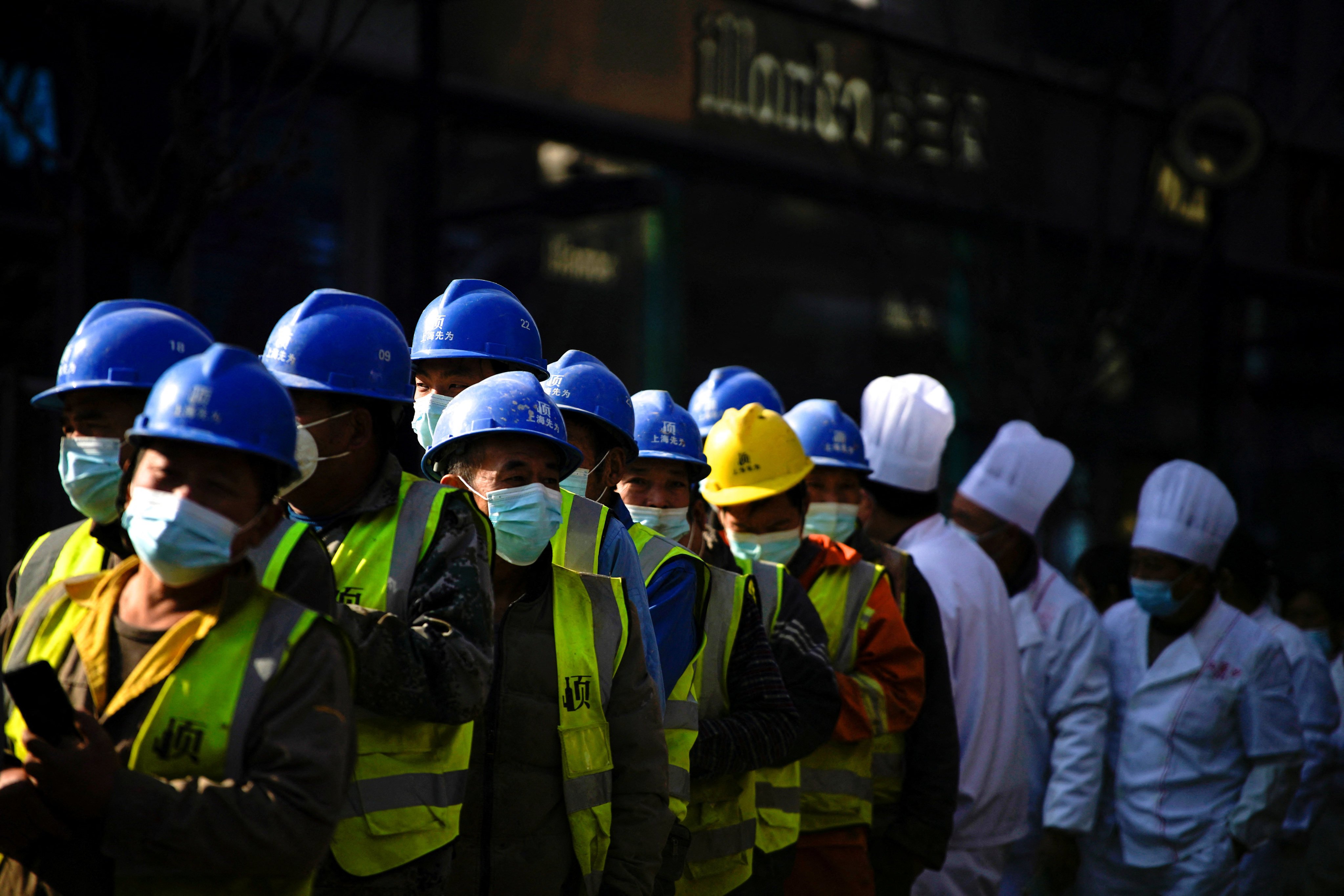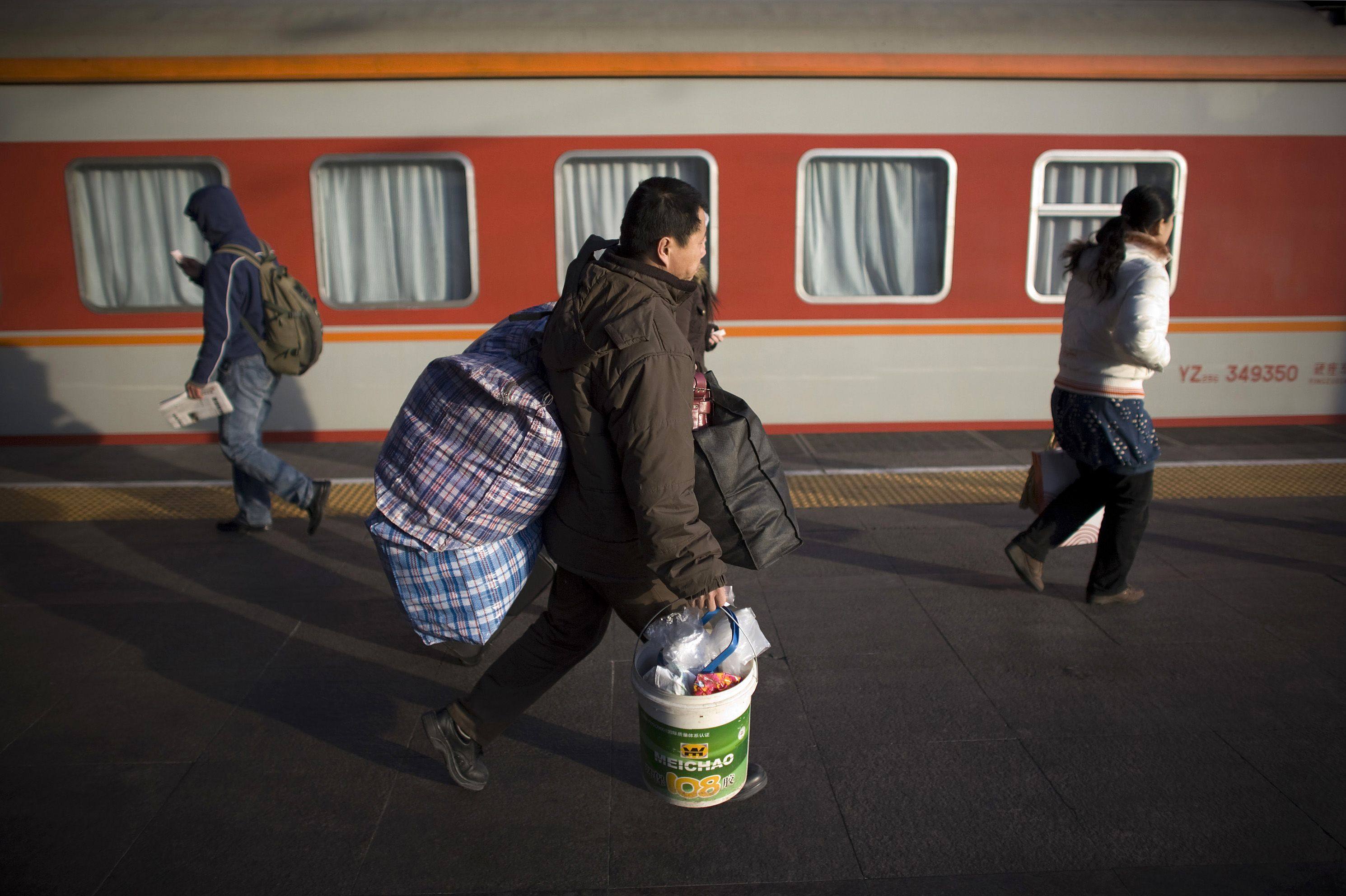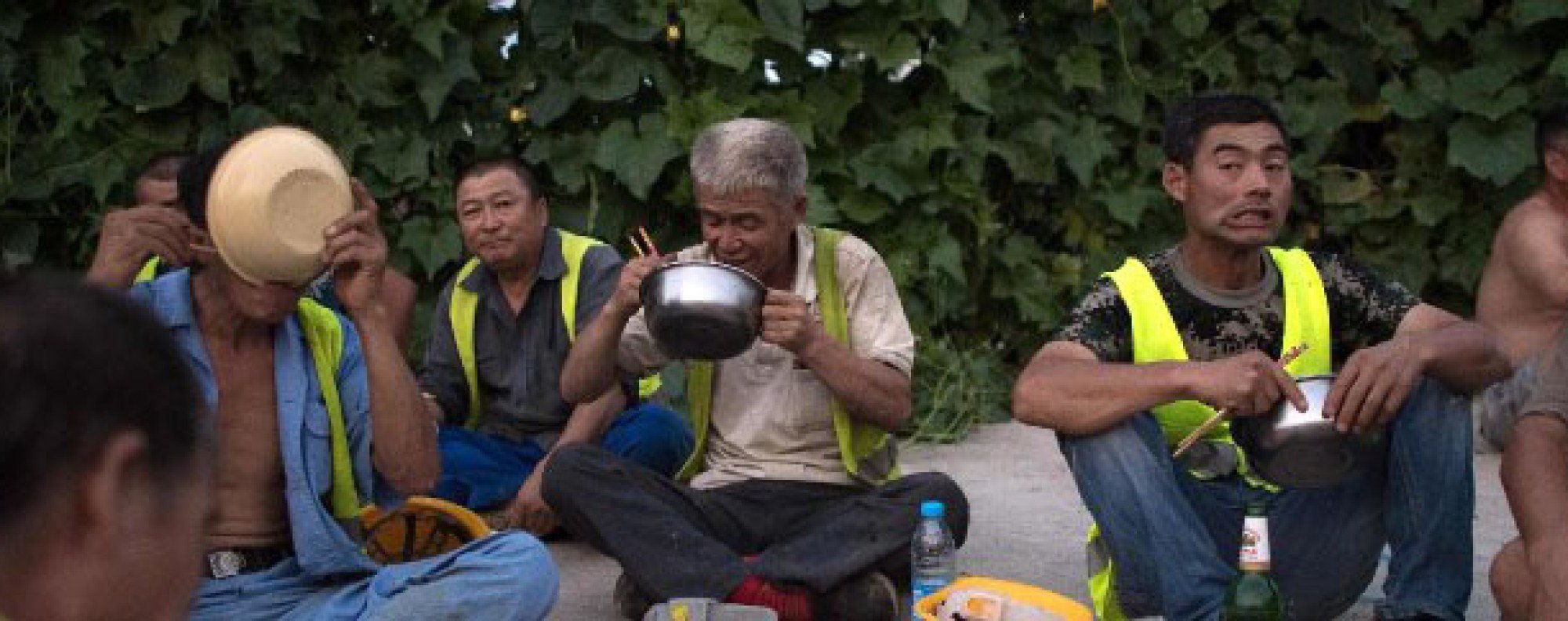
Topic
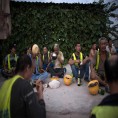
The flow of domestic migrants is increasingly moving in the direction of the Greater Bay Area, the Yangtze River Delta and a handful of local economic hubs.
Measures announced by China’s Ministry of Public Security will allow freer movement of people and goods, and boost the confidence of foreigners seeking to invest and do business in the country.
With the unemployment rate of China’s 15-to-24-year-olds at a record high, support for the business sector so it can provide work is paramount.
China’s economic boom in the last several years owes a huge debt to the nation’s migrant workforce, and it’s time for that backbone to receive greater support.
The premier’s intervention is a sign of rising worries over a grim unemployment situation made worse by Covid-19.
- China’s rural land, unlike urban property, remains closed to sales by individuals, foreclosing a potential source of economic activity
- Debate rages over whether to open that land up to the market, with arguments against saying it would remove farmers’ main source of stability
In his address to China’s top legislature, the country’s premier listed urban residency for migrant workers as a priority – a proposal which would grant access to better public services and tap a reservoir of demand in the process.
Chinese researchers have found the country’s rural population is struggling to keep up with their urban peers in terms of lifestyle, hampered by relative underdevelopment in social resources and a lack of job prospects in cities.
Migrant workers returning after the Lunar New Year holiday in China have low expectations for a pay rise this year, as the number of jobs is not as high as last year.
The weeklong holiday makes it more difficult to maintain production levels as cities and provinces are being hard-pressed to rev up China’s economic engine, driving up competition for labour resources.
The southern export city of Dongguan is offering firms hundreds of thousands of yuan to maintain production during the Lunar New Year holiday, typically a time of low economic activity.
For the first time in decades, the share of China’s workforce employed in raw materials industries has gone up – a consequence of a weak job market and a return of rural migrants to their homes.
Changing the residential status of urban migrants in China could free up incomes for consumption through access to better public services – but it remains an open question whether such a change is feasible.
Analyst cites ‘social instability’ risks as many of China’s 295.6 million migrant workers feel the effects of a shaky post-pandemic economic recovery.
China’s first generation of migrant workers helped build the country into an economic powerhouse. But now, as they age out of the workforce, they face a bleak future with meagre benefits – or none at all.
Faced with dwindling opportunities, from rural hometowns to major cities, some migrant workers sleep in the streets as they roll the dice on where the sluggish economic recovery will create the most jobs.
People in 21 provinces will not have to travel back to their birthplace to register their partnerships.
Aimed at single, male migrant workers, Love Love Happiness, in China’s city of Shenzhen, sold sex with silicone dolls until police shut it down. Now its owner is trying to save his business.
Shanghai is China’s most densely packed urban metropolis, but the exodus of jobseekers from other regions, an inability to convince couples to have children, an ageing population and zero-Covid measures took a toll last year.
Workers would normally return to Guangzhou and other major factory hubs next week, but long lines for jobs this week show how keen they are to earn a pay cheque after a difficult 2022.
The population of China’s Jiangxi province rose by some 100,000 last year, with around 90 per cent of growth coming from interprovincial migration, with demographers saying the free flow of workers is essential to the health of regional economies.
Outspoken former finance minister Lou Jiwei says policymakers need to bring a reformist mindset to land, welfare and tax, while easing market concern that the wealthy will be targeted to narrow the wealth gap.
Do I stay or do I go? The question has risen to greater prominence among China’s youth than perhaps ever before in their quest to find stable employment in difficult economic times.
China’s government says it has averted a large-scale return to poverty after a year of coronavirus outbreaks and economic challenges, but the declining incomes of rural migrant workers remains a pressing issue.
China’s decision to relax virus restrictions is likely to ease pressure on low-income households, but millions are at risk of slipping back into poverty as the economy struggles to recover after nearly three years of zero-Covid.
China’s sluggish economy and strict zero-Covid policy have hit low-income earners hard, leaving them vulnerable to slipping back into poverty while undermining Beijing’s pledge to reduce income inequality.



.jpg?itok=H5_PTCSf&v=1700020945)





